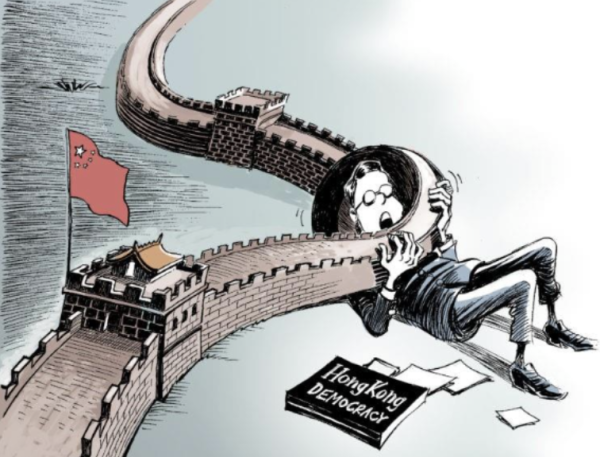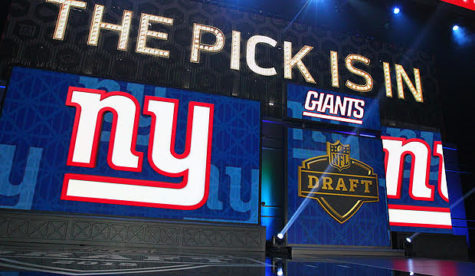Net Neutrality

Ajit Pai: the face of anti-Net Neutrality legislation
I’m sure you have heard the term “Net Neutrality” thrown around lately, probably surrounded in angry anti-government tirades and outrage. Before you go out and join the mob, you should understand what Net Neutrality is, why it has come up now and why it’s such a big deal. Net Neutrality refers to the general principle that Internet Service Providers (ISPs), such as Verizon or Comcast, must provide equal service to all users. Net Neutrality has been an ongoing battle since early 1990s and the rise of telecommunications. The Federal Communications Committee (FCC) is an autonomous government agency that is relegated the responsibility of controlling “interstate communications” like radio, TV, wire, satellite, cable, and, of course, the Internet. The FCC can pass legislation pertaining to the aforementioned domains, by a majority of vote of a 5 member commission. The commissioners serve in 5 year terms, one of which is chosen by the President as the Chairman. Interestingly, only 3 of the commissioners can be of the same political party. In the current administration Ajit Pai, a Republican appointed by President Trump, is the Chairman– a name you may have heard with Net Neutrality. He is strongly against Net Neutrality, so let’s get into why that matters.
In a world with Net Neutrality, the consumer is essentially put first. If Cox Cable wanted to sacrifice internet speeds for a less populous-dense region like Washington to increase others they couldn’t. If Comcast wanted to slow sites that compete with their own streaming service, Xfinity, to corral business, they couldn’t. Those are true stories by the way. There are many other scenarios that have happened or could happen with Net neutrality protections, that run the gambit from unfair monopolies, effectively censorship and throttling (slow data transfer rates). But with Net Neutrality, if there’s ever a conflict between consumer and corporation it will uphold the consumer everytime. So if it purely benefits the consumer by ensuring equal data, internet speed and service competition, why would anybody want to get rid of it?
The answer is the we don’t: polls range wildly from 83% to 53% but in nearly every case the majority support of keeping Net Neutrality. One reason behind some figures being as low as 53% is because of Net Neutrality is being overshadowed by sexual misconduct and tax reform news. Poor awareness in combination with Trump rushing legislation means that it’s being repealed anyway. On December 14th the FCC voted to repeal Net Neutrality statues. The vote succeeded: 3 Republican votes, headed by Ajit Pai, to 2 Democrat votes. The political divide of the commissioners vote doesn’t reflect will of the general public: polls showed nearly identical pro-neutrality vote rates from Democrats and Republicans. Alas, it happened anyway. So what happens now? Now that Net Neutrality is dead, ISPs are now allowed to throttle, promote, filter and fastlane any data and media when they want. If you use Comcast, I hope you like Xfinity because that’s basically what your options- option*- is now. The only protection for the consumer is that ISPs have to announce they are going to screw the people before they do it. But they have every single right to do it.
If you are like the millions of disgruntled and angry Americans that want the free Internet back, there will be opportunities to restore Net Neutrality protections in the future. Because the President elects commissioners every 5 years, they are effectively to decide on FCC laws. In the next Presidential election, vote for a candidate you know who will represent a free and open internet. Even if you cannot vote in the Presidential election, you can still help. Raise awareness and media coverage the next time commissioners and neutrality come to a vote, so what happened in 2017 doesn’t happen again. Good luck trying to promote Net Neutrality with posting or petitions.
Wait…
…Promote neutrality…
…on the Internet…
…through your ISP…
(that’s against neutrality)
…who can now control your posts…
….
I think that sad paradox alone explains why we need Net Neutrality. Badly.











